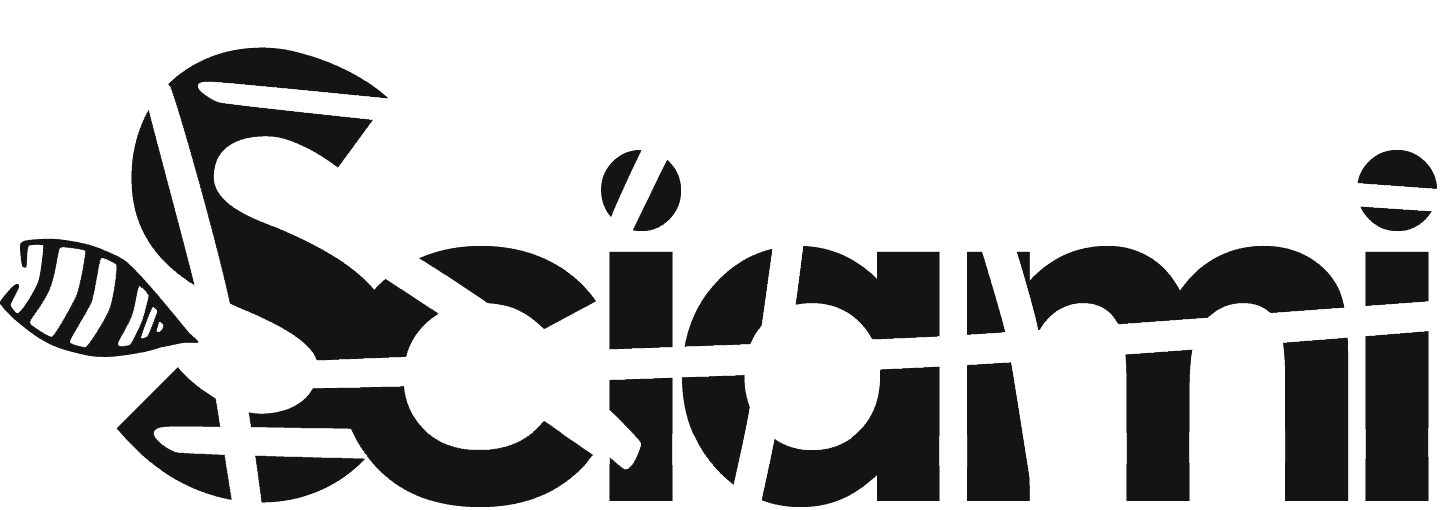Giuliano Scabia: Biographical notes
by Viviana Raciti
Giuliano Scabia is not only a man of the theater. He is a poet, playwright, novelist, actor, director and teacher, though he likes to define himself simply as a writer. He was born on July 18, 1935 in Padua, where he received a university degree in Moral Philosophy in 1960. He attended the cultural circle Il Pozzetto, promoted by the then P.C.I. (Italian Communist Party), and worked as a young man on such important newspapers as “Paese Sera,” “l’Unità,” “Corriere della Sera” and “Il Lavoro.” In Venice he taught for a year at the Istituto Magistrale, then moved to Milan, where he began teaching at the school of the Convitto Rinascita. In the latest published volume devoted to his work, Stefano Casi reports how this teaching “continued until 1968, and enabled him to realize several small theater and animation (before the term was invented) projects with his students”. He took part in the second Gruppo 63 conference and in 1967 was a signatory of the Manifesto di Ivrea on the New Theater.
In 1965 he published his first collection of poems (1960-64), Padrone e Servo, in the contemporary poetry series “Il Sintagma.” Here the poetic structure wove together a musical (even concrete) and visual dimension with social issues denouncing labor exploitation. His La fabbrica illuminata was especially important: an opera libretto he wrote with Luigi Nono (with whom he had previously collaborated on several occasions), present within the collection. In 1965, his Zip Lap Lip Vap Mam Cre Scap Plip Trip Scrap & la grande Mam was staged at the Venice Biennale, directed by Carlo Quartucci, with stage designs by Luzzati (the text was published two years later by Einaudi), and among the actors Leo de Berardinis, Claudio Remondi and Rino Sudano, a play that presented an “acentric” elaboration of space and roles within the stage realization in which Scabia actively participated, writing part of the text during rehearsals, inserting slide and movie projections. Scabia’s research continued despite the negative response by critics and by the two directors of the Teatro Stabile of Genoa, Luigi Squarzina and Ivo Chiesa, who did not recognize the innovative quality of the play. A few years later Scabia clashed with another important theatrical institution, Paolo Grassi and the Piccolo Teatro in Milan, where in 1968 Scabia staged and directed his Interventi as a “performative grafting” onto the play Visita alla prova de L’isola purpurea di Michail Bulgakov, directed by Raffaele Maiello.
Documents are published in original language. In case the translation is present, both the original and the translation are published.
Giuliano Scabia, Un dono, in Fernando Marchiori, Il Teatro Vagante di GIuliano Scabia, Ubulibri, Milan 2005.
Giuliano Scabia, Il viaggio del teatro fra scrittura, musica, corpo e visione, «Sciami» - nuovoteatromadeinitaly.sciami.com, 2016 - Fondazione Giorgio Cini, Venezia, Giugno 2010
Giuliano Scabia, Teatro nello spazio degli scontri e della gentilezza, «Sciami» - nuovoteatromadeinitaly.sciami.com, 2016 - XVI Convegno dei Teatri delle diversità, Urbania (PU), 28 Novembre 2015
Giuseppe Bartolucci, Forma e ideologia nella drammaturgia di Giuliano Scabia, in La scrittura scenica, Lerici, Rome 1968
Franco Quadri,Alla ricerca di un teatro necessario, in Il rito perduto, Einaudi, Turin 1973.
Silvana Tamiozzo Goldmann, Ascolto e racconto, in Ascolto e racconto: con un'antologia di testi inediti e rari, Bulzoni, Rome 1997.
Paolo Puppa,Scabia, ovvero guardare l'ascolto, in Silvana Tamiozzo Goldmann, Ascolto e racconto: con un'antologia di testi inediti e rari, Bulzoni, Rome 1997.
Stefano Casi,Vita e opere di Giuliano Scabia, in 600.000 e altre azioni teatrali per Giuliano Scabia, ETS, Pisa 2012.
Video taken from the RAIEdu project "Writers for a year".
Teatrography,, edited by Fernando Marchiori. Spectacles, street actions, empty schemes, animations, tours, visits, events, theater tales, narrations, returns.
List of the cycle of the Teatro Vagante, Almost all the texts, the traces and the empty schemes with which Scabia explored the ways of theatrical writing are listed. There are also texts and fragments still in progress.
Bibliography of Giuliano Scabia,, edited by Viviana Raciti
